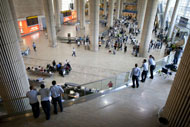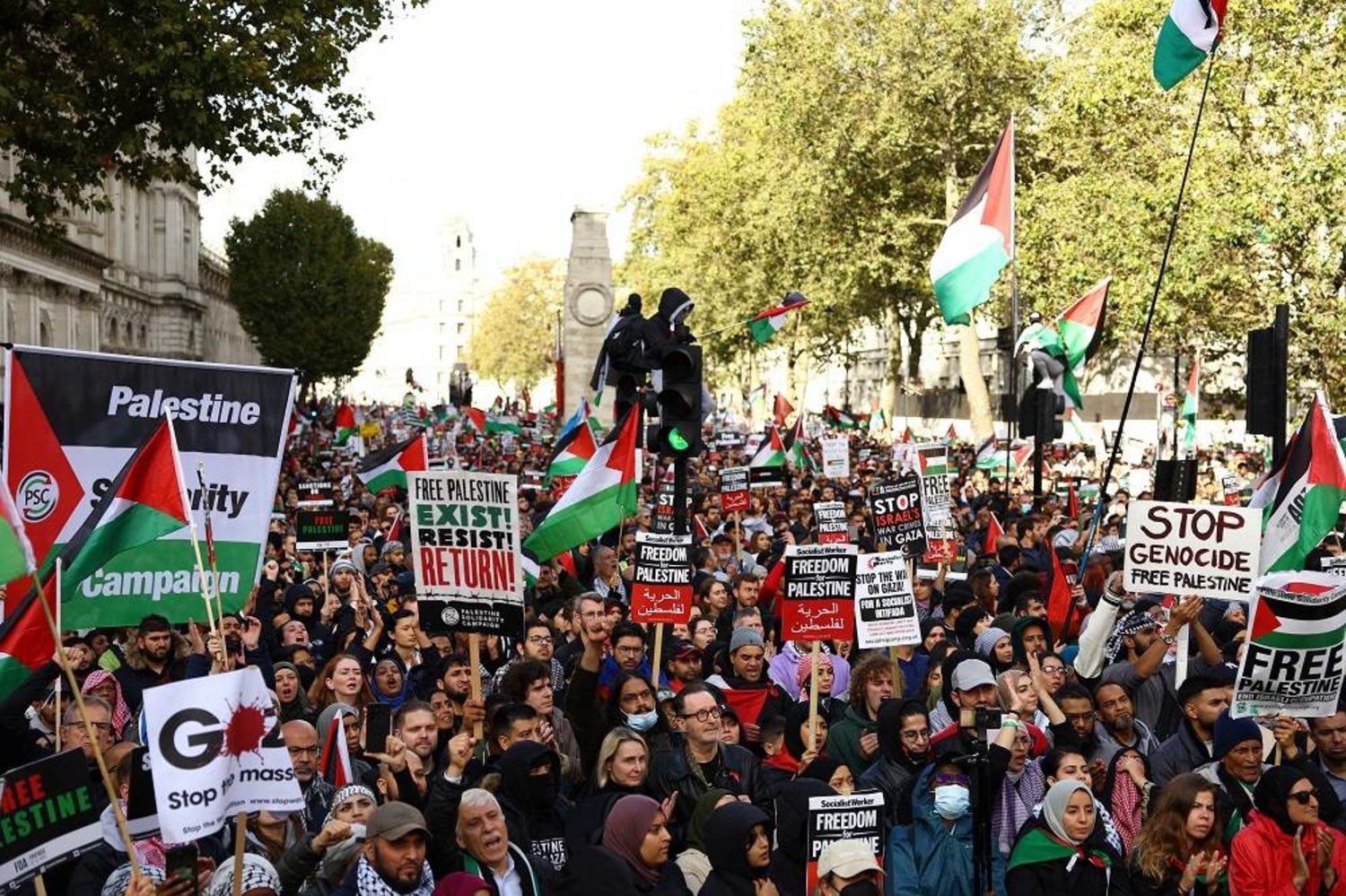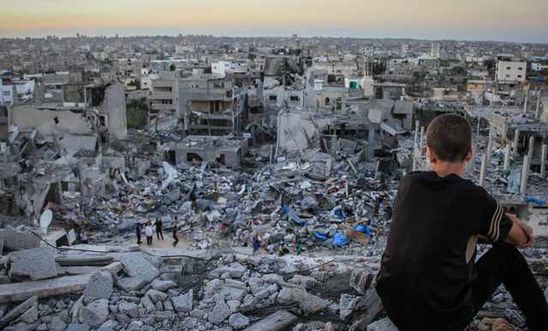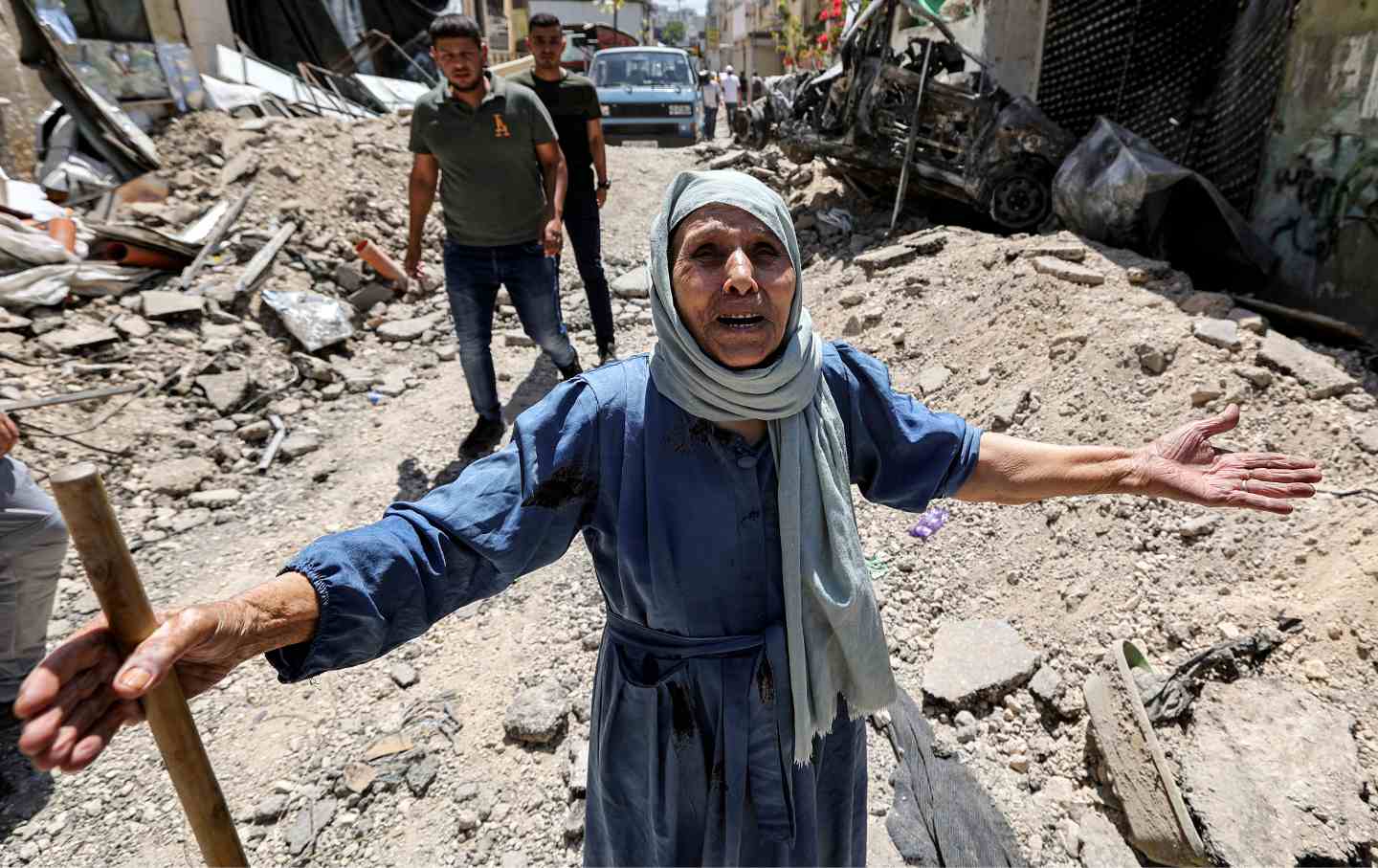Unfortunately, far too many articles have been written about this subject. Every time pen hits paper (or finger hits keyboard), a wave of remorse and unease surely washes over any Palestinian writer who undertakes this task. "Palestinian reconciliation" should not even be a phrase in our lexicon much less a goal to which we aspire and have yet to reach.
There is no need to rehash all of the circumstances which led to the damaging split that has divided the Palestinians for over two years. To make a long and terrible story short, there are now two Palestinian ruling authorities – one in the West Bank under President Mahmoud Abbas and his leading Fateh party, and another in the Gaza Strip, under Hamas. Since 2007 when Hamas wrestled authority from Fateh on the premise that they were the legitimate victors of the elections, there has been effort upon effort to mend the tear that has society split down the middle.
What is so disconcerting is the fact that the more time passes by, the more polarized the two sides get. As the situation stands today, leaders of the two sides are supposedly to meet in Cairo on July 5, followed by a signing ceremony on July 7 of an agreement that would ostensibly end the years-long rift. Representatives of the parties have already begun to meet in Gaza City earlier this month as a preliminary step before traveling to Cairo next month.
We ordinary Palestinians have gotten our hopes up before and are wary to do so now except that we really have no other choice. The only option other than reconciliation is too dangerous even to ponder.
Hence, we wait. Gestures and statements from the leaders of both sides are important insomuch as they offer us a peak into possible changes of policy. Not that all politicians' words should be taken at face value. There is always political rhetoric bubbling out of any politician that hardly deserves attention. But then there are those messages between the lines, those subtle indications wrapped in this phrase or that, which should be given attention and analysis.
In the case of Fateh and Hamas, there have been a few of these phrases thrown around as of late. For example, when former US President Jimmy Carter visited the Gaza Strip and met with deposed Hamas Prime Minister Ismail Haniyeh, the latter declared Hamas' acquiescence to the concept of a Palestinian state within the 1967 borders. In a press conference in Gaza City on June 15, Haniyeh said the movement would accept "any real proposal to establish an independent and sovereign Palestinian state on the 1967 borders with Jerusalem as its capital," adding that he would personally, "exert pressures to realize that dream."
Hamas has long indicated that it implicitly accepts a Palestinian state on the 1967 borders, thus relinquishing their original goal of liberating all of Palestine. However, the fact that such a high ranking official in the movement openly declared this could be an indication of two things – one, Hamas does not want to miss out on its piece of the pie internationally, thus shifting its official rhetoric more towards the international consensus over two states; and two, it is looking to push Fateh and President Abbas into a corner whereby it is no longer the "obstacle" to conciliation but the initiator. That is, since the PA has always called for a two-state solution, Hamas can now claim that the goals for which the Palestinians strive are one and the same and that the differences lie in the Authority's lack of acceptance of Hamas as a credible political player.
Add to this, statements made by Hamas politburo chief Khaled Meshaal on June 20 in Damascus. "It is incorrect to have two governments in the West Bank, and one in the Gaza Strip. There should be one authority and one government based on national consensus and democracy," he said.
While this sounds great, Meshaal's words should be taken with a grain of salt. Again, rather than a move towards reconciliation, the Hamas leader used this line as an opening to launch another assault on Fateh, assumedly to throw the accusatory ball back into its court. "Unfortunately, some Palestinian sides refused democracy and refused the results of the 2006 elections, and instead headed for the outside world for support. That led to rivalry and disagreement." We all know who the "Palestinian sides" are that he is referring to.
Which means, Hamas is still playing its power game, trying to keep itself one step ahead of Fateh on the verbal battlefield. Of course, this is not very reassuring to Palestinians who continue to hope that this mentality of "my way or the highway" will soon perish among our leaders.
President Abbas, on the other hand, is playing it cool, perhaps because he has most of the international community behind him. In Damascus on June 20, he stated, along with DFLP leader Nayef Hawatmeh that the upcoming talks were a "step towards national unity." He did, however, reiterate his movement's stance that "national dialogue and new parliamentary and presidential elections based on proportional representation is the way to build Palestinian national unity." While Hamas does not oppose elections per se, it does oppose holding these elections in only the West Bank, should reconciliation efforts fail.
So, if we read between the lines, there is much more than meets the eye. Both leaders say they want conciliation and that they will travel to Cairo to hold these talks. Interestingly enough, they both realize that two governments is not practical for the Palestinians and is, on the contrary, quite counterproductive, especially with the new challenge of facing off with the Netanyahu government for the next few years.
Still, reconciliation seems to be a far shot, not because we can't achieve it if we wanted to but because our leaders are not ready to share what little power they think they have. Internal unity is so much more significant than any title they have. If only they would look beyond these so-called positions and see that Israeli settlements are devouring our land before our eyes. If only they could see that no seat of power can ever feel right as long as it can be pulled from beneath them in a blink of an eye.
Joharah Baker is a Writer for the Media and Information Program at the Palestinian Initiative for the Promotion of Global Dialogue and Democracy (MIFTAH). She can be contacted at mip@miftah.org.









